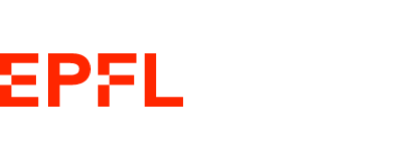Translational Philanthropy / Swiss Federal Institute of Technology (EPFL)
AI-assisted food tracking to revolutionize nutritional research
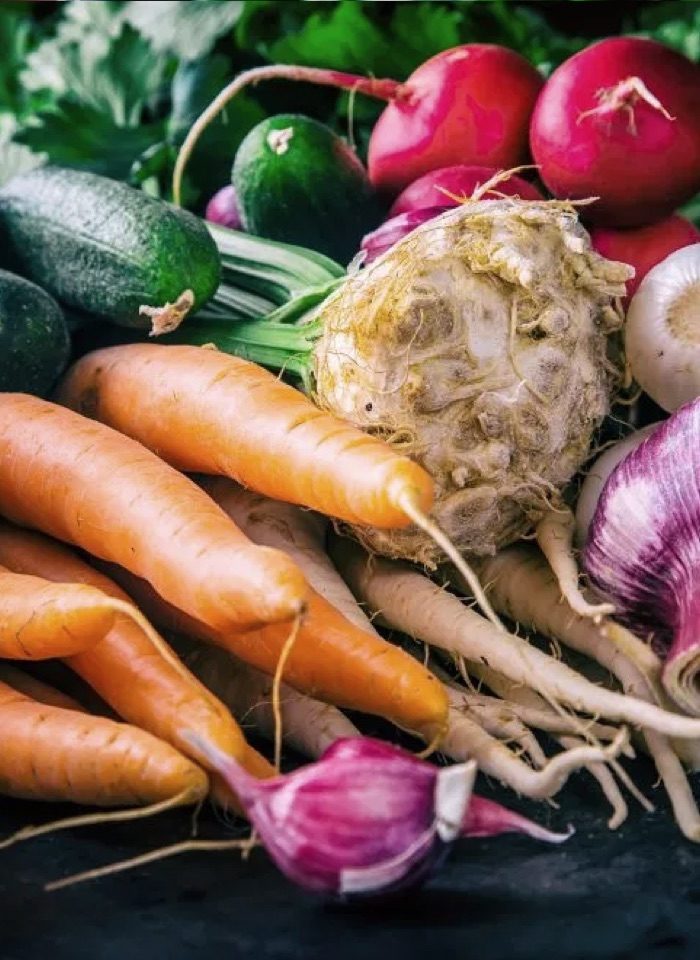
The problem
Poor quality nutritional data
The important role of food intake for disease prevention and treatment remains poorly understood.
Skepticism about nutritional science is widespread both in academia and in the public. A key contributor to the problem is how food intake is measured in the first place: food-frequency questionnaires (FFQs) and diet recalls are still the standards, despite their well-known weaknesses such as imprecision, dependence on human memory, lack of associated data such as the timing of food intake, etc.
While other aspects of health and behaviour measurements have evolved and improved steadily over the past decades (genomics, metagenomics, sensors, etc.), nutrition measurement has been stuck in time: it is still done the same way it was done decades ago.
The solution
The AI For Nutrition project
The AI For Nutrition project provides a comprehensive, scalable, and demonstrated solution to digital diet logging specifically designed for use in research settings. The technology platform has been developed at the Digital Epidemiology Lab at the Swiss Institute of Technology in Lausanne (EPFL) and has received support by multiple foundations including the Kristian Gerhard Jebsen Foundation and Leenaards Foundation. It combines three essential parts:
-

MyFoodRepo
A mobile app (Android and iOS) for individuals to track food by picture taking or barcode scanning.
-

The Open Food Repo
A community-driven open database for barcoded food products.
-
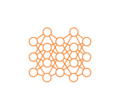
MyFoodRepo image analysis
An annotation framework based on AI and human expertise for image-based food recognition.
The AI For Nutrition project provides a comprehensive, scalable, and demonstrated solution to digital diet logging specifically designed for use in research settings. The technology platform has been developed at the Digital Epidemiology Lab at the Swiss Institute of Technology in Lausanne (EPFL) and has received support by multiple foundations including the Kristian Gerhard Jebsen Foundation and Leenaards Foundation. It combines three essential parts:

MyFoodRepo
A mobile app (Android and iOS) for individuals to track food by picture taking or barcode scanning.

The Open Food Repo
A community-driven open database for barcoded food products.

MyFoodRepo image analysis
An annotation framework based on AI and human expertise for image-based food recognition.
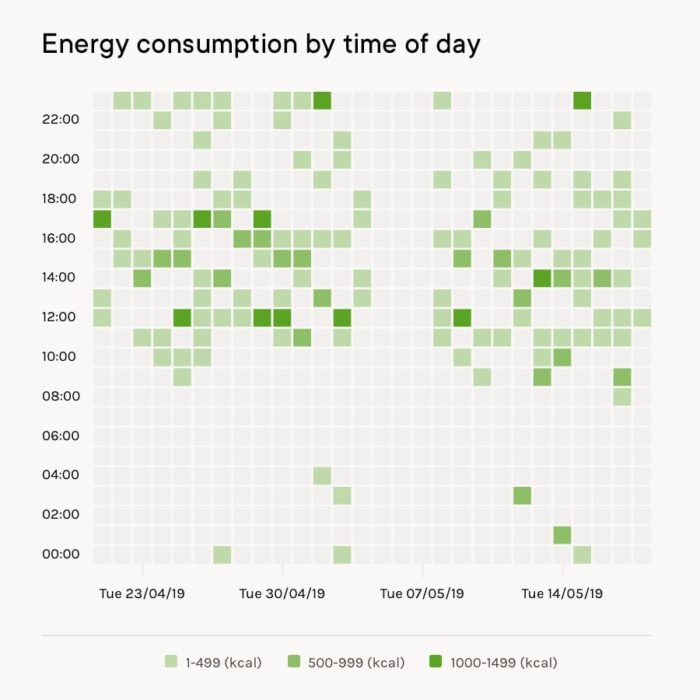
Feasibility
Proof of principle
Proof of principle was established by Digital Epidemiology Lab at EPFL in Switzerland prior to Santorio Foundation's involvement. The platform is being used by cohort participants on a daily basis.
-
Ongoing studies
3 ongoing; 2 in the pipeline
-
App usage
Used by study participants daily
-
Barcode database
40k+ products (foodrepo.org)
-
Image recognition AI algorithm
Trained on 50k+ images
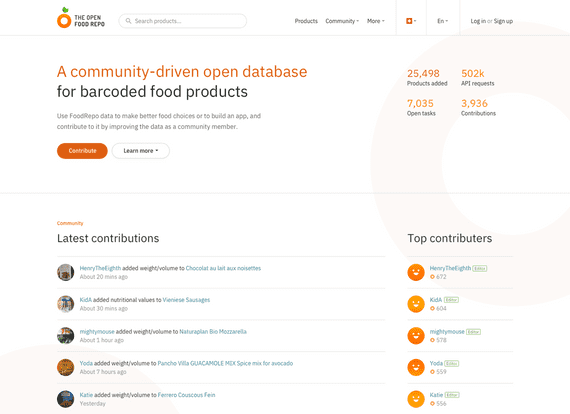
The future
Project goals for 2020 - 2023
-
Improve accuracy
Steady development of the MyFoodRepo AI Benchmark for best possible food image recognition.
-
Enhance ease of use
Further development of the mobile application to provide a user-friendly experience.
-
Scale up internationally
Establish MyFoodRepo in at least 6 new countries.
-
Reach self-sustaniability
Ensure MyFoodRepo will become a non-profit service platform able to sustain itself.
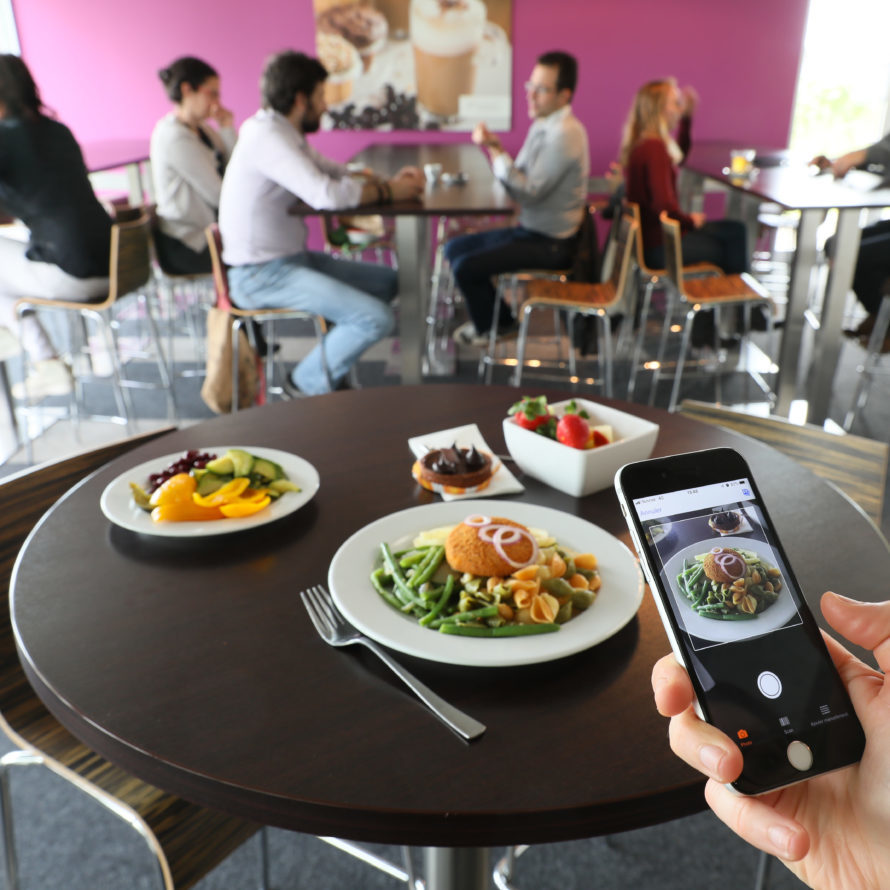
Accelerate
How can you help create impact?
With more resources, AI For Nutrition can be accelerated in different ways:
-
Expand into new countries
-
Use for specific clinical studies looking at nutrition
-
Improve the digital infrastructure
-
Improve user-friendlyness
-
Improve AI algorithms
is currently on this stage
More information
Links and documentation
If you want to know more about this project, you can refer to the links below.
